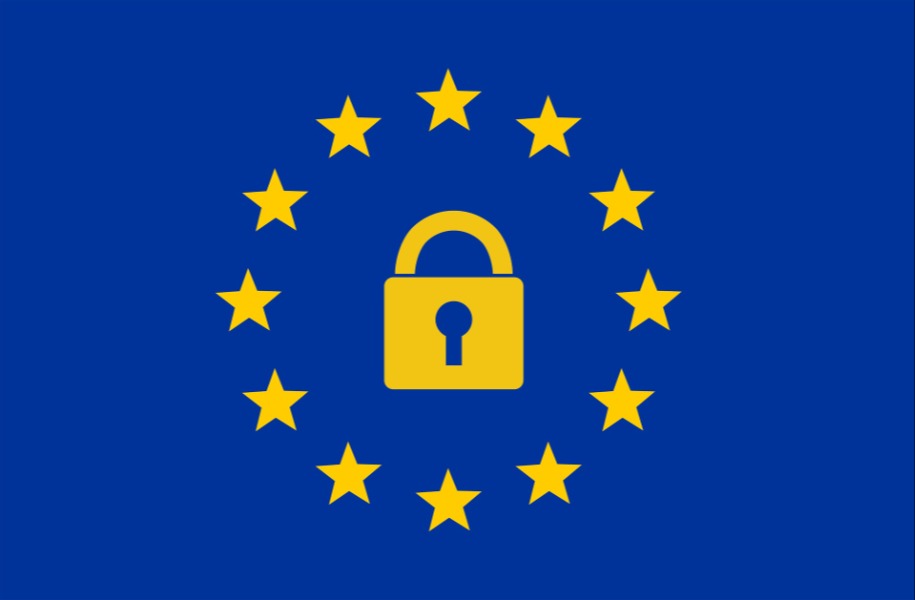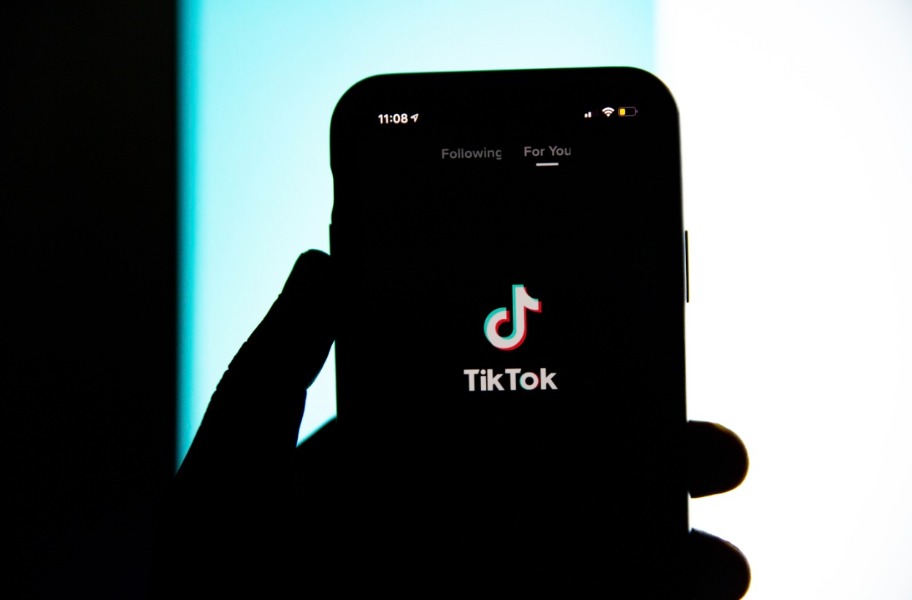The Cyberlaw Podcast: Henry Kissinger and Michael Daniel on How To Be a Cyber Czar
Published by The Lawfare Institute
in Cooperation With

Our interview in this episode is with Michael Daniel, formerly the top cybersecurity adviser in the Obama administration’s National Security Council and currently the CEO of the Cyber Threat Alliance (CTA). Michael lays out CTA’s mission. Along the way he also offers advice to the Biden cyber team—drawing in part on the wisdom of Henry Kissinger.
In the news roundup, Michael joins Jamil Jaffer and Nate Jones to mull the significance of Bruce Reed’s appointment to coordinate technology issues in the Biden White House. Reed’s tough take on Silicon Valley companies and Section 230 may form the basis of a small-ball deal with Republicans on things like child sex abuse material, but none of us think a broader reconciliation on content moderating obligations is in the offing.
When it comes to regulating the tech sector, Brussels is a fount of proposals. The latest, unpacked by Jamil and Maury Shenk, is intended to build on the dubious success of the General Data Protection Regulation (GDPR) in jumpstarting the EU’s technology industry.
Maury and I puzzle over exactly how a Russian divorcee won a court order allowing access to her estranged son’s Gmail account. Our guess: the court stretched a point to conclude that the son had consented.
Another day, another China-punishing measure from the Trump administration: Jamil explains the administration’s vision of a bloc of countries that will unite in resistance to China’s punitive trade retaliation against inconvenient Western countries, most notably Australian, now getting hit hard by China.
Meanwhile, Maury reports that the administration has identified nearly 90 Chinese companies that are too closely tied to the Chinese military for purposes of export control licenses. The only good news for U.S. exporters is that the list eliminates some ambiguity about the status of some companies.
Maury also gives an overview of what most of us think is an oxymoron: Privacy in China. In fact, there is growing attention to protecting privacy at least from commercial companies. And harsh enforcement, as always, makes observers wonder “who did that company piss off?” before they wonder “what did that company do wrong?”
Maury also reports on the effort to revive Privacy Shield—and on just how little the negotiators have to work with.
Jamil comments on the ever-rising cost of cybersecurity, and possible implications for bank consolidation.
Nate reviews the privacy and security doubts about Amazon’s Sidewalk feature, which turns Alexa devices into neighborhood WiFi networks.
Maury and I note that the deadline for a TikTok sale is still a week away and maybe always will be.
Jamil wonders why ZTE asked the Federal Communications Commission (FCC) to reconsider its exclusion of the company from the U.S. telecoms infrastructure. The FCC order denying the request was not exactly a marketing triumph.
Jamil and I have fun asking how much snooping will go on in a proposed new fiber-optic network linking Saudi Arabia and Israel.
Nate is not surprised that France is pushing its tax for the (U.S.) tech sector, but we debate whether the timing will turn out to be good for France or bad. I claim that the White House’s short attention span is France’s best friend.
Maury and I try to figure out whether there’s a public policy case in favor of the Rivada plan to take over a bunch of the Department of Defense spectrum and rent out whatever is excess to the department needs. Maybe there is, but we can’t find it.
And more.
Download the 340th Episode (mp3)
You can subscribe to The Cyberlaw Podcast using iTunes, Google Play, Spotify, Pocket Casts, or our RSS feed. As always, The Cyberlaw Podcast is open to feedback. Be sure to engage with @stewartbaker on Twitter. Send your questions, comments and suggestions for topics or interviewees to CyberlawPodcast@steptoe.com. Remember: If your suggested guest appears on the show, we will send you a highly coveted Cyberlaw Podcast mug!
The views expressed in this podcast are those of the speakers and do not reflect the opinions of their institutions, clients, friends, families or pets.




